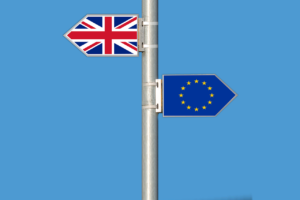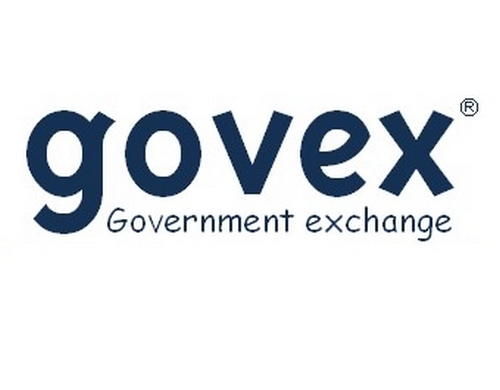Cities and regions need to switch to a low-emission transport system
 The Green Deal and the role of cities and regions in the switch to cleaner transport was the focus of discussion in a joint meeting between the European Parliament's Committee for Transport and Tourism (TRAN) and the Commission for Territorial Cohesion Policy and EU Budget (COTER) of the European Committee of the Regions.
The Green Deal and the role of cities and regions in the switch to cleaner transport was the focus of discussion in a joint meeting between the European Parliament's Committee for Transport and Tourism (TRAN) and the Commission for Territorial Cohesion Policy and EU Budget (COTER) of the European Committee of the Regions.
The European Green Deal is the long-term plan of the European Commission to achieve full decarbonisation of the continent by 2050. A big part of it is the decarbonisation of the transport sector. While the objective of climate neutrality can only be achieved on a European level through new legislation and the adaption of existing law, implementation will depend heavily on local and regional authorities who are in charge of public transport and infrastructure in their territories.
"Transport is a major contributor to greenhouse gas emissions in the European Union and unlike other sectors these emissions are not decreasing. Making use of promising technological innovations is good but getting people out of their cars to use public transport is better. In both cases, local and regional authorities have a major role to play in finding the right solution for their territories. The EU's strategy must be based on their experience and respond to their needs because the success or failure of the European Green deal will be decided in regions and cities", said Isabelle Boudineau (PES/FR), chair of the European Committee of the Regions' COTER commission.
"Local and regional authorities have competences to implement the European Green Deal in their territories. Public transport is part of the solution, but only with existing digital networks with hi-speed internet and a wide network of charging infrastructure for electric, hybrid and LPG fuel. Do not forget the importance and the added value of the tourism industry where tourism is linked to travel, and can help to diversify the activities of other industries to create sustainable jobs in rural areas. The dedicated budget line in the MFF gives the financial framework for this transition period. We MEPs and CoR Members urge the Commission to have direct funds for housing, transport and for green deal", said István Ujhelyi (S&D/HU), vice-chair of the European Parliament's TRAN committee.
The members of both institutions presented their recent legislative work in two panel sessions:
-
The first session focused on the challenges and opportunities linked to the shift to low-emission mobility and profound change of the transport system by cutting emissions and introducing alternative fuels. While the change could bring significant economic, environmental and social benefits it also requires tough discussions and decisions on who will have to pay for the change, how to ensure territorial and social cohesion and how to deal with negative impacts on the current economic system where the least environmentally-friendly modes of transport are often favoured through legal and financial frameworks.
- The second session put the spotlight on local and regional authorities who are in charge of designing and implementing mobility policies agreed at the European level and providing public transport in their territories. Their role lies in shaping mobility services, adapting legal frameworks, introducing alternative modes of transport, raising awareness and guiding consumer choices based on jointly desired outcomes. Challenges and obstacles include general issues of public procurement, conflicting needs of rural and urban areas and the inherent costs of providing transport services and infrastructure.
Background:
The joint TRAN-COTER meeting is an annual institutional discussion between members of the European Parliament and the European Committee of the Regions. The joint meetings started in 2016 with the "missing links initiative" in the transport infrastructure sector and led to a call for proposals dedicated to co-funding projects to remove missing links in transport infrastructure through the EU's Connecting Europe Facility (CEF). This year's meeting dealt with the Green Deal and how the decarbonisation of transport can contribute to it.
From the EU's Assembly of Regional and Local Representatives




Vous devez être connecté pour poster un commentaire.